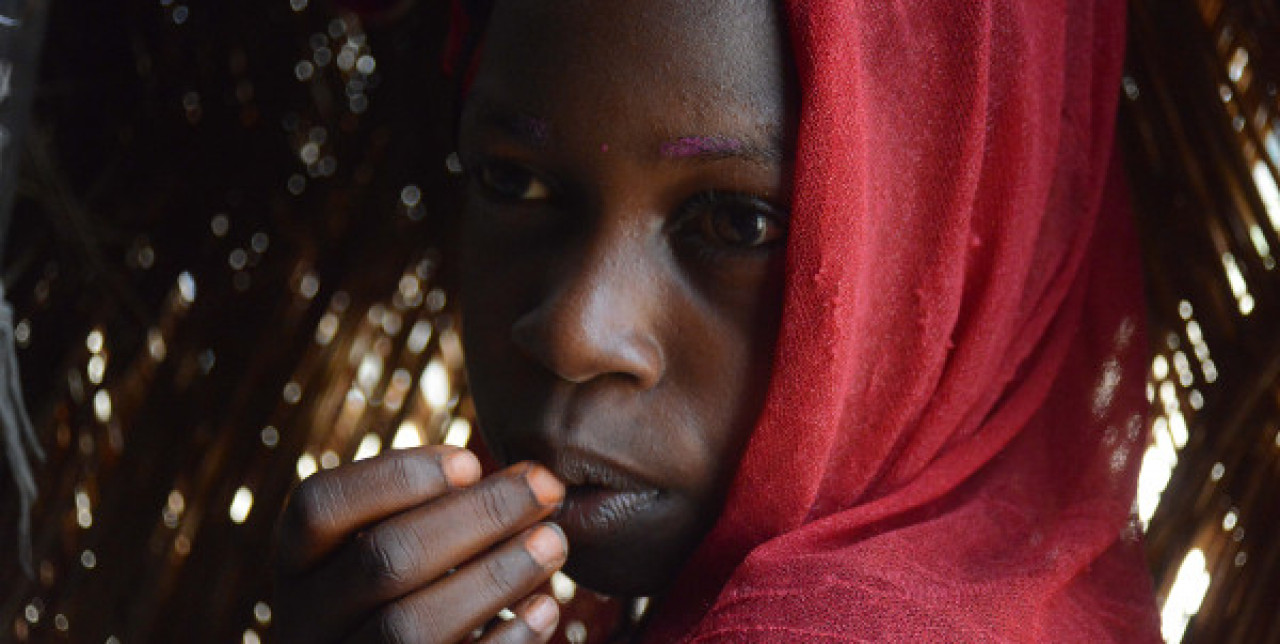05-12-2017 | di COOPI
Niger, ensuring education for displaced children
In the Diffa Region (southeast of Niger), massive population movements are occurring: due to the attacks exerted by Boko Haram, raiding even in hosting villages and displaced communities, there are over 247,000 displaced people, including 127,000 displaced people internally, while 106,148 refugees and 14,546 Nigerians returned to their origin areas.
The humanitarian situation is dramatic because the scarcity of resources exposes the population to malnutrition and food insecurity- furtherly aggravated by the floods. To top it all, data on education report that, in the Diffa Region, only 68% of children attend school and 35% of the attendees end finish it. These are the lowest indexes of the country in terms of schooling and educational success. Says Marzia Vigliaroni, COOPI Head of Mission in Niger:
Insecurity in the region led to the closing down of 151 schools, causing further reduction of access to the educational system. To date, we estimate that 137,374 children (of which 70,601 children) are de-scholarized and not educated, that is, they no longer have the opportunity to attend school or have never done so.
This is why COOPI is involved in a project to promote access to formal and non-formal quality education for children in host villages and displaced communities, in areas affected by Boko Haram violence, with the contribution of AICS (the Italian Agency for Development Cooperation).
The COOPI intervention consists in ensuring access to education both through the building of emergency classes and non-formal literacy centers and through the improvement of teachers' skills on issues such as psychosocial support, hygiene, nutrition, sexual and reproductive health, emergency education. To do this, we use a Project Leader supported by Heads of education programs at national and regional level, technical staff in agronomy, psychologists and animators.
Vigliaroni explains:
The operators on the field risk their own safety, in particular the community representatives and the teachers of the emergency classes and the literacy centers: the role they played, in direct contact with people who could have ties of kinship with Boko Haram or be used as informants, exposes them first-person to direct dangers. On several occasions, the COOPI facilities have suffered attacks, such as fires or theft of material by Boko Haram, and personnel have had to comply with unavoidable restrictions on travel and operation times due to possible security risks. Despite all of this, we go on.




 Niger
Niger